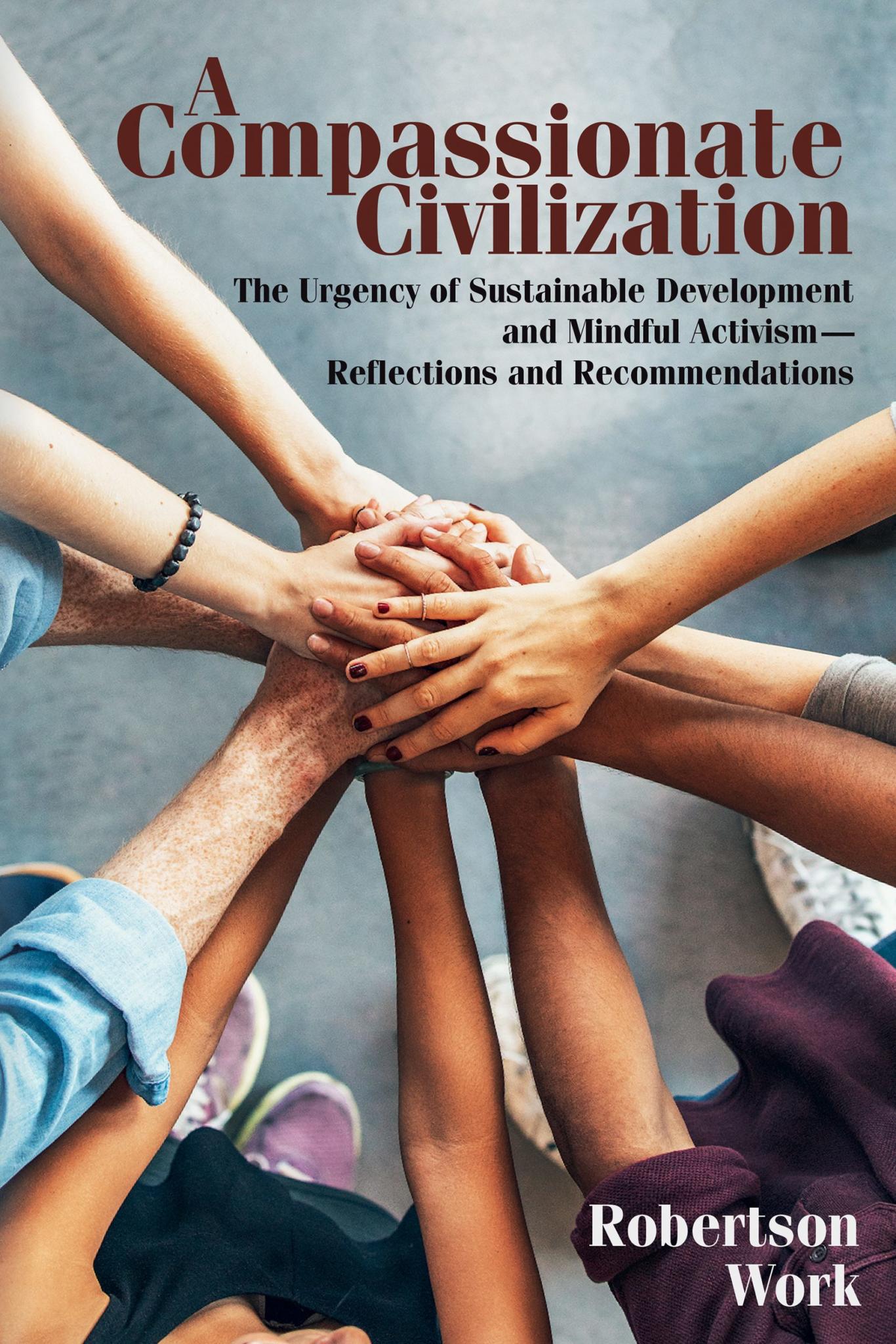Catalyzing Empathic, Engaged Citizens
The leadership needed now must be integral, facilitative, and creative.
By Robertson WorkAround the world, citizens are arising with new energy for transformation. The Arab Spring and the Occupy Wall Street movements were two recent manifestations of this. People are demanding that they participate and lead in their own governance and development. It is time to move beyond the control of corporatocracy, plutocracy, oligarchy, patriarchy, and militarism. Citizens are capable of governing their societies through their own intelligence, voice, and energy. Education, health care, justice, livelihood, shelter, food, water, and sanitation are universal human rights and services that can be provided for all, to all, and by all. Current policies based on scarcity must be replaced by policies of sufficiency and sharing.
Citizens everywhere have organized as NGOs and community-based organizations (CBOs) to engage in self-governance and development. Civil society as a whole is now seen clearly as one of the three governance actors, the other two being government and the private sector. The environmental movement, the women’s movement, and the human rights movement are the direct voices of citizens to create a sustainable and human world. To empower these citizen movements, new and effective institutional and leadership capacities are needed.
We see around the world NGOs and CBOs collaborating with local authorities and local businesses to improve the living environment in low-income settlements by improving sanitation systems and waste management, providing clean drinking water, starting clinics and community schools, and speaking out for the rights of the poor, minorities, women, youth, and the elderly. We see NGOs giving voice on behalf of other species, the oceans, air, and soil. People everywhere are waking up to their interconnectedness and know their rights and power to direct the course of history.
Knowledgeable, engaged citizens—of communities, nations, and the globe—are the keys to confronting the overwhelming challenges facing us and creating a new, empathic civilization of sustainable human development.
Innovative Leadership
No longer can leadership be by command-and-control. Absolute authority doesn’t work and is inappropriate for a race of intelligent, creative beings. Local and national governments are being called to a new style of leadership to empower and engage citizens in their own governance and development. The leadership needed at this time of crisis and opportunity must be integral, facilitative, and creative.
 Traditionally, change processes have focused exclusively on institutional arrangements, policies, and systems. This collective-exterior leadership is critical but is not sufficient. Change must also happen within the culture itself—the collective interior—by changing collective values and norms through motivating and transformative stories, rites, and symbols. Change must happen in individual values and behavior—changing mind-sets and perspectives—as well as relational and interpersonal behavior. This is integral leadership—working to change collective institutions and culture and individual mind-sets and behavior. In addition to having the right legal frameworks in place, we must have the right individual and collective values and behaviors moving our societies toward a more sustainable and human future.
Traditionally, change processes have focused exclusively on institutional arrangements, policies, and systems. This collective-exterior leadership is critical but is not sufficient. Change must also happen within the culture itself—the collective interior—by changing collective values and norms through motivating and transformative stories, rites, and symbols. Change must happen in individual values and behavior—changing mind-sets and perspectives—as well as relational and interpersonal behavior. This is integral leadership—working to change collective institutions and culture and individual mind-sets and behavior. In addition to having the right legal frameworks in place, we must have the right individual and collective values and behaviors moving our societies toward a more sustainable and human future.
The facilitative leader sees himself as a guide who enables groups of people to think, analyze, plan, and act together through participatory, interactive processes. The facilitative leader asks questions of people that allow them to journey together in a structured manner toward productive outcomes. Facilitation of citizen participation is essential to motivate and call forth the creativity and energy of all the people to respond to the massive challenges facing us today. Facilitation can be learned as a new type of leadership that does not control outcomes but provides participatory processes that allow citizens to create the policies and services that are most important to them.
Facilitation requires skill and patience, an ability to listen deeply, and willingness to allow citizens to chart pathways of good governance and effective development. The facilitative leader has the skill to lead productive discussions, analytical and problem-solving workshops, strategic planning exercises, and whole system design processes. The facilitative leader asks people to articulate their hoped-for vision of the future; the factors that could enable or inhibit reaching that vision; and the strategic directions that would carry them toward their vision, taking into account the inhibiting and enhancing factors and the implementation action plan and timeline that they will commit to in the day-to-day.
The creative leader is a social artist who awakens and enlivens people’s capacities in the dimensions of the sensory/physical, psychological/historical, mythic/symbolic, and unitive/spiritual. The creative leader provides processes by which people can access their own creativity, intuition, motivation, courage, vision, and genius in solving problems and designing new systems. The leader as social artist enables citizens to deepen their capacities of body, mind, and spirit in order to release their full potential as human beings. The creative leader makes use of individual and group processes, both face to face and online, that stimulate the best thinking, doing, and being in others that is possible.
The integral, facilitative, and creative leaders help turn challenges into opportunities for sustainable human development. The government and NGO officials who learn and practice these skills find themselves becoming true civil servants—the servants of the people—which they have pledged to be as elected or appointed leaders.
We can practice facilitative, creative, and integral leadership as we share our knowledge with each other and make recommendations for ourselves and our organizations. As poet Rainer Maria Rilke says, we can “live the questions.” We can ask “What if?” and act as if it were possible. A sense of hope can carry us through this tumultuous time of crisis and danger, and the lure of a possible future will draw us toward it—a new, empathic civilization of sustainable human development. Innovative leaders within government and throughout our societies are needed to help humanity through this great transition.
Robertson Work teaches at NYU Wagner Graduate School of Public Service and is a consultant to the UN, writer, speaker, and activist. He is the author of A Compassionate Civilization: The Urgency of Sustainable Development and Mindful Activism—Reflections and Recommendations, from which this article is adapted. You can read an interview with Robertson Work on BuddhistDoor.net.
Photo courtesy of Samuel Zeller on Unsplash

This article motivates me to br proactive in my community. Thank for ou